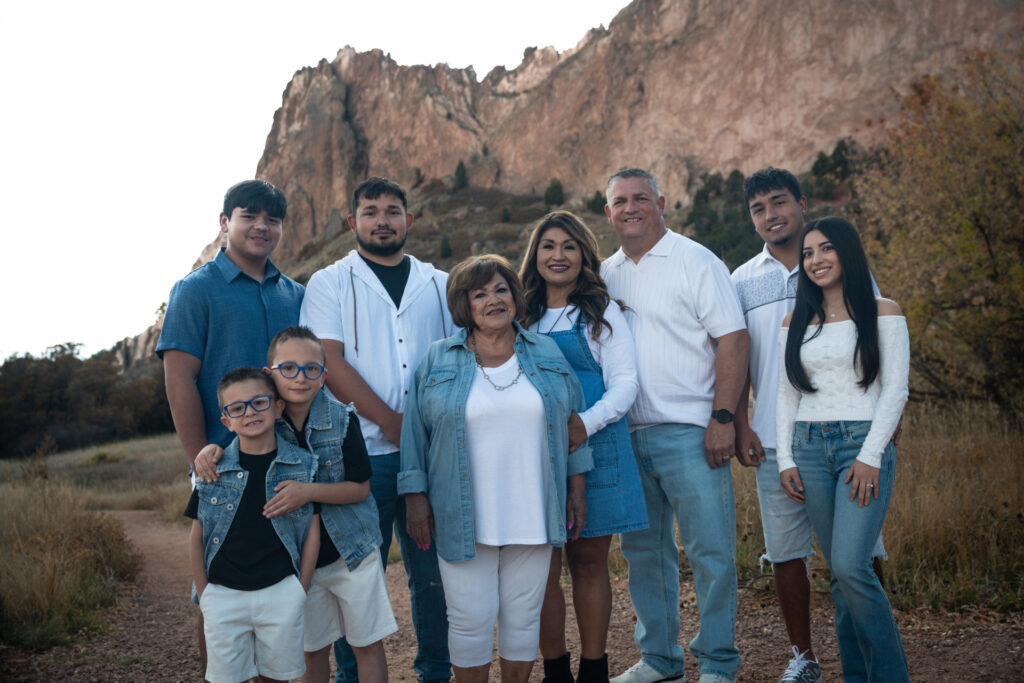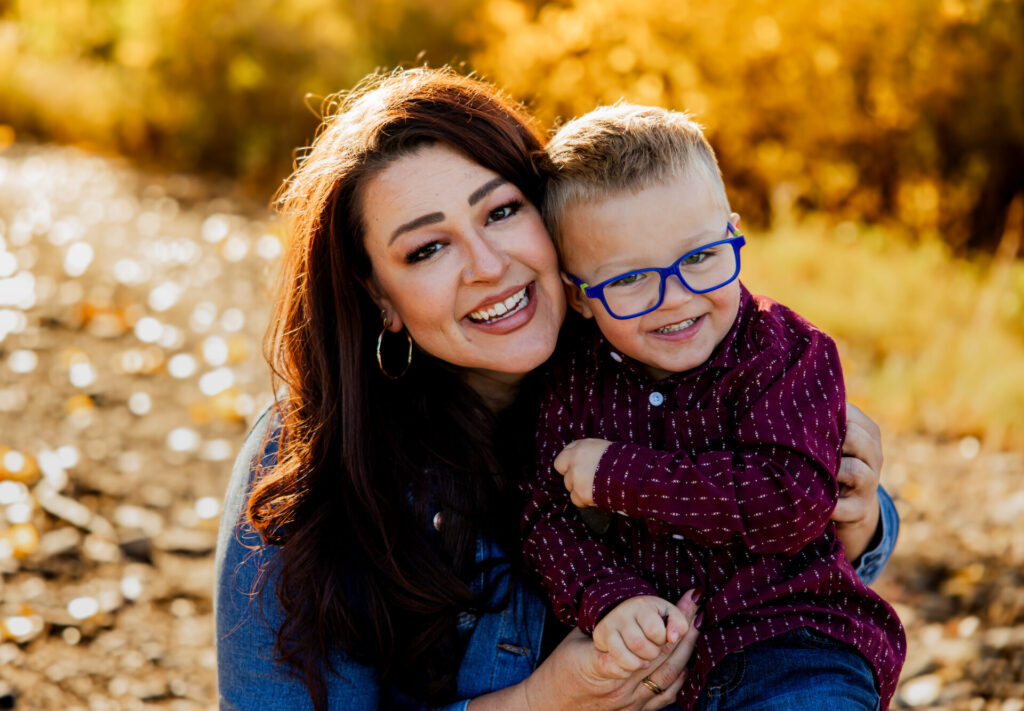Colorado Needs More Therapeutic and Treatment Foster Care Homes

Counties and CPAs can better meet the needs of children and youth in foster care with the best training and increased support from the State
With the passage of the Family First Prevention Services Act of 2018 (Family First), Colorado and other states have shifted their approach to foster care. For the first time, child welfare agencies are able to use federal funding to provide additional services and resources that help keep kids safely with their families. Should an out-of-home placement be needed, Family First encourages care in a family-like setting or, if necessary for a short time period, care in a congregate setting designed to meet specialized treatment needs. The goal is for children and youth to be placed in the least restrictive, most family-like setting appropriate when foster care is needed.
To address this shift, Colorado is creating a continuum of care for children and youth. Those with a higher level of emotional, behavioral or mental health needs can be cared for in a family-like setting instead of a residential setting through therapeutic foster care or treatment foster care. With these two levels of care, the foster parents receive additional training and support to help them meet the higher needs of children or youth in their home.
In order to ensure children and youth grow up in families, we must expand the availability of treatment and therapeutic foster homes. Colorado needs more counties and child placement agencies to recruit, train and support those foster parents. As of April 2024, there are 2,573 children and youth living with Colorado’s 2,067 certified kinship and foster families, and more than 200 children and youth in congregate care settings who need support from therapeutic or treatment foster care parents in a family-like setting. In May of 2024, Colorado had 56 therapeutic foster care homes and 6 treatment foster care homes.
Currently just three of the 64 counties and seven placement agencies in Colorado train and certify parents for treatment and/or therapeutic foster care:
- Adams County
- Ariel Clinical Services
- Denver County Human Services
- Envoi Associates
- Family Resource Network
- Hope & Home
- Kids Crossing
- La Plata County Human Services
- SAFY Specialized Alternatives for Children and Youth
- Savio House
- Smith Agency
- Special Kids Special Families
- Weld County Human Services
The state is committed to supporting counties, agencies and families in treatment and therapeutic foster care. “Colorado has increased the foster care maintenance rate for foster parents to help them meet the needs of children and youth in their care, with treatment foster parents receiving the highest rate. We have also developed a coordinated training model at the state level that counties and agencies can access to ensure treatment and therapeutic foster parents are best equipped to support them and work with professionals on the team,” said Mary Griffin, Program Administrator for Foster Care and Relative Guardianship Assistance, Division of Child Welfare Services, Colorado Department of Human Services.
What is treatment foster care?
Treatment foster care is the highest level of care in which children and youth with acute emotional, behavioral or mental health needs receive treatment from a highly-trained foster parent in a home. Often children or youth in treatment foster care are stepping down from time spent in a residential facility or being diverted from admission to a residential facility. In treatment foster care, a therapist is highly involved with the youth and foster family, working directly with the treatment team on the treatment plan, and providing a clinical approach to the team in collaborative, weekly meetings. Treatment foster care providers typically care for one child or youth at a time but can have up to two youth in care in their home.
What is therapeutic foster care?
Therapeutic Foster Care serves children and youth who have needs above traditional foster care but lower than those in treatment foster care. Therapeutic foster care providers may have no more than six children and youth in their home at one time, and receive additional support from their county or agency.
Training
In Colorado, therapeutic and treatment foster parents undergo extensive pre-service training using the Pressley Ridge curriculum, a comprehensive, evidence- and competency-based program, to ensure they are equipped to provide intensive caregiving and support to the youth in their care. Treatment foster care providers receive an additional 32 hours of training, while therapeutic foster care providers receive an additional 12 hours of specialized training
Colorado is the first state to have master trainers for the Pressley Ridge curriculum, who then train other professionals – a structure known as ‘Train the trainer.’ This streamlines the certification process for treatment and therapeutic foster care providers in the state and ensures everyone is working from a common knowledge base. The state of Colorado offers these ‘Train the Trainer’ classes as well as scholarships to help counties and agencies off-set the associated costs.
“This training is a lot of work but the foster parents come out of it highly equipped, ” said Carley Clark, a certified Pressley Ridge master trainer, and foster parent recruiter and placement coordinator for SAFY. “This high level of training improves outcomes for kids because higher skilled foster families – particularly with increased support – can focus on the work of healing. The combination of family specialists partnered with highly trained caregivers is a very powerful one.”
In addition to the intensive initial training, therapeutic and treatment foster parents are always learning through in-service education opportunities offered by county child welfare departments and child placement agencies.
Recruitment
Anyone who can become a traditional foster parent can become a therapeutic or treatment foster parent with additional training and experience. However, because caring for children and youth with complex needs draws on additional skillsets, experienced foster parents and individuals with a background in education, mental health, law enforcement, residential treatment or medical fields tend to be well-suited for the role.
Traditional foster parents with experience caring for youth with complex needs can be a good fit for therapeutic or treatment care. “You already have families who are doing treatment and therapeutic foster care, you just have to find them,” added Carley.
Counties interested in seeking approval to become a therapeutic or treatment foster care agency in order to certify therapeutic or treatment foster parents are encouraged to reach out to Mary Griffin at mary.griffin@state.co.us, and child placement agencies should reach out to Irene McGaughey at irene.mcgaughey@state.co.us.
More Posts







